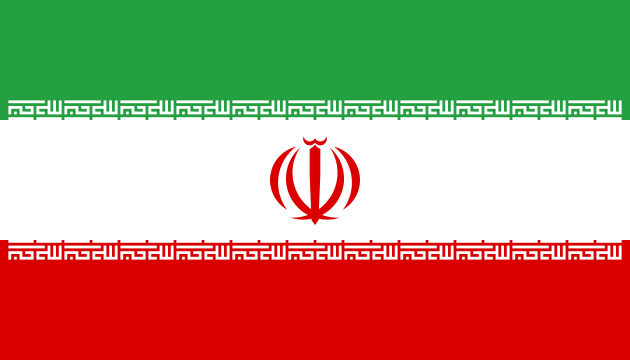Understanding the Madmen: The Rationale for Iran's Rhetoric
On July 14, 2015, the American people awoke to news of an agreement limiting Iran’s nuclear program in exchange for the removal of sanctions. American and Iranian leaders quickly took to their respective podiums to present the Joint Plan of Action (JPOA) to their people and to declare diplomatic success. In particular, Iranian pronouncements focused on continued opposition to the United States. As pundits and analysts took to the airwaves to debate the merits and dangers of the deal, focus quickly turned to the disparities between Iran’s obligations and some of their leaders’ pronouncements regarding Iranian intentions. These discrepancies, coupled with inflammatory anti-American statements, confirmed many pundits’ perceptions that the Iranian leadership is irrational, and therefore cannot be trusted to comply with the JPOA. However, this reactionary response ignores compelling and entirely rational reasons for such behavior.

As Americans, we expect our leaders to communicate state policy clearly and honestly. This transparency is essential to the democratic process, as it assures us that our leaders are acting in our interests. We demand consistency in public statements, and quickly turn on leaders who fail to uphold these standards.
We instinctively apply these same expectations to foreign leaders. When we hear contradictory messages, coupled with rhetoric bordering on incitement, we are quick to label these leaders as “madmen,” implying both irrationality and untrustworthiness. However, these rhetorical inconsistencies may, in fact, be a rational strategy ensuring regime survival.
The Islamic Republic of Iran took power following the overthrow of the American-backed Shah. The revolution was stoked by centuries of resentment towards foreign influence, which was felt across all levels of Iranian society. The state’s legitimacy rests as much on its defense of national pride as on the basis of its Islamic character. Consequently, the leadership needs to be seen as the guardians of national interests in order to maintain stability. While the Iranian public generally supports the agreement, it will not accept perceived capitulations to foreign interests. Such actions would undermine the government’s standing, a dangerous proposition in the post-Arab Spring Middle East. It is therefore essential that the recent Join Plan of Action be framed as a victory over the West—obtaining necessary sanctions relief while resisting foreign interference.
By recognizing how these domestic considerations play a part in Iranian foreign policy, we can better understand why their pronouncements seem to be at odds with their commitments. Furthermore, we come to see the regime not as irrational, but rather inherently rational.
Looking forward, if we want to judge Iranian credibility, we cannot be drawn in by seemingly contradictory rhetoric. By looking past the smoke and mirrors of political theater, we can see how post-Arab Spring realities are reframing the government’s priorities. Iran has adopted a strategy that balances international pressure with national interest and their own recent history. This understanding of the rationale for Iranian leaders’ statements gives us a better tool for predicting their behavior.
If we view Iran to be rational, we can map out the potential outcomes of their actions. By shirking their obligations laid out in the Joint Plan of Action, they would draw the ire of the international community and ensure the return of crippling sanctions, triggering considerable social unrest. This goes against both the country’s and the leadership’s interests, and Iran’s willingness to negotiate is evidence of this.
Iran could alternatively choose to uphold its commitments. By maintaining a civilian nuclear program, Iran will benefit from increased foreign exchange, access to the international banking system, and will be able to increase its oil exports dramatically. The benefits of the Joint Plan of Action to Iran are clear, and so by strengthening the country, the regime will ensure its own stability as well. However, this cannot be seen domestically as capitulation, hence the coinciding anti-American rhetoric.
In understanding Iran’s basic rationality, and demonstrating their vested interest in complying with the JPOA, we should expect the Iranian regime to uphold their end of the bargain. Therefore, it matters little in practice what rhetoric its leaders use to shore up domestic support, if the end result is an Iran devoid of a military nuclear capacity.

